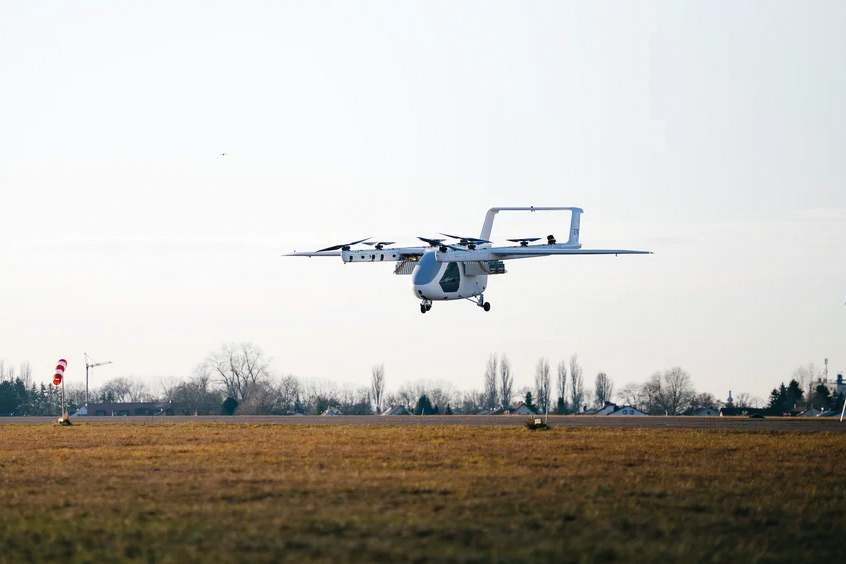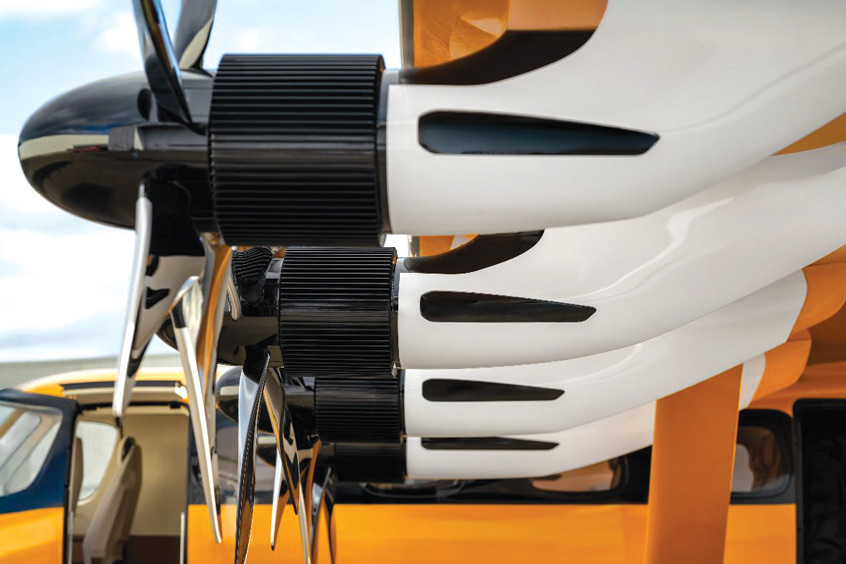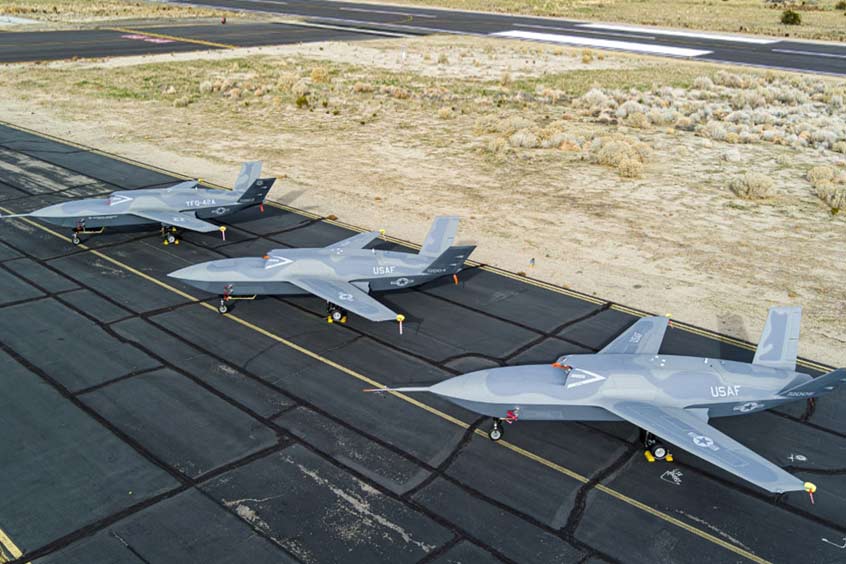PRESS RELEASE
Issued by: Genesys Aerosystems Group, Inc.
Genesys Aerosystems, a Moog company, announced that it has completed TSOA certification of its new NanoADC™ Air Data Computer (ADC) designed specifically for unmanned and optionally piloted aircraft.
The new ADC was developed for applications where small size and light weight are critical, without sacrificing robustness, reliability, or certification requirements. Approximately the size of a deck of cards, the Genesys NanoADC (plus the MIL-SPEC connectors) weighs just 304 grams (0.67lb). Developed for its first certified application, the Genesys NanoADC is used in the new 200Kg (440lb) class Leonardo Rotary Unmanned Aerial Systems (RUAS).
While there are numerous small air data computers on the market, the Genesys NanoADC is both FAA-certified with safety-critical Level-A software and MIL-STD-qualified. The Genesys NanoADC meets the highest required environmental categories for IFR approved helicopters and transport-category airplanes, making it ideal for unmanned or optionally piloted aircraft, such as civil and tactical drones, and electric Urban Air Mobility (UAM) vehicles.
“We have taken an existing product, with nearly 20 years of proven service history, and reduced the size and weight for use in small aircraft which still require extremely high certification levels,” says Paul Stoelting, General Manager of Genesys. “While it may be larger than non-certified air data computers that use low-cost consumer electronics, ours enable an aircraft to be FAA or EASA certified for operation in commercial airspace and over populated areas.”
| Contact details from our directory: | |
| Genesys Aerosystems Group, Inc. | Radio Communications Equipment, Autopilots, Air-to-Ground Data Links, Electronic Flight Instrument Systems, Flight Management Systems, Terrain Awareness and Warning Systems, Sensors/Transducers, GPS, Air Data Computers |
| Related aircraft programs: |
| Leonardo AWHERO |
| Related directory sectors: |
| Indicators and Instruments |
Weekly news by email:
See the latest Bulletin, and sign up free‑of‑charge for future editions.

Garmin expands flight test footprint with Mesa Gateway acquisition

ERC System begins flight testing Romeo prototype in Munich

Electra.aero secures US patents for hybrid-electric blown-lift control system
